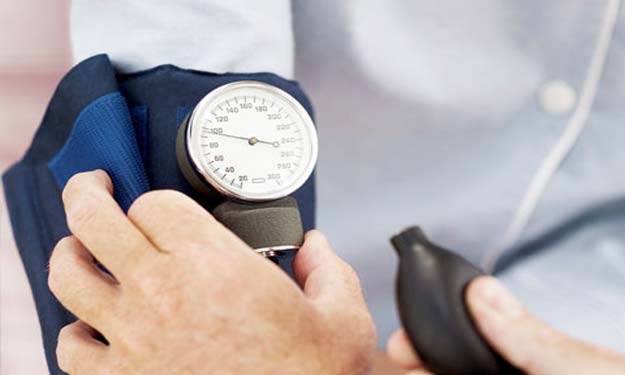High Blood Pressure
High blood pressure, known medically as hypertension, is the condition in which a person’s blood pressure is chronically elevated. In up to 95 percent of all high blood pressure cases, there is no identifiable cause for the condition.
In the remaining 5 percent of cases, high blood pressure is usually caused by another condition such as kidney disease, tumors, or others. High blood pressure is potentially life-threatening in an indirect manner. While the elevated blood pressure itself is not life-threatening, hypertension places a patient at much greater risk for stroke, heart attack, heart failure, and kidney failure.
A patient diagnosed with high blood pressure suffers from a much reduced life expectancy, and patients with severe high blood pressure are usually not expected to live beyond a few years without receiving appropriate treatment.
Natural Cures for High Blood Pressure
There are generally no specific symptoms of high blood pressure, and there are any number of symptoms that could possibly be attributed to high blood pressure as easily as to some other condition.
The only sure way to diagnose high blood pressure is through a blood pressure test. Some of the possible symptoms that might be due to high blood pressure are headaches, palpitations, dizziness, fatigue, and impotence.
It is highly recommended that you go for a medical screening at least once a year that includes a test for elevated blood pressure levels, in order to check for high blood pressure. Besides regular trips to the doctor, monitor your blood pressure at home.
Reduce Sodium Intake
Most people have diets that include too much salt, and salt is one of the key culprits in increasing blood pressure. Salt dissolves into the bloodstream, causing it to become more concentrated, and the body responds by moving water into the bloodstream in order to dilute the salt. This causes elevated blood pressure, and can contribute to chronic high blood pressure.
Reduce Sugar
Foods and beverages with high amounts of fructose from added sugar may increase your risk of developing high blood pressure according to a recent study. It is generally advisable to limit your intake of added sugars that are found in processed foods such as candy, cookies, cakes, lunch meats, canned soups, condiments, some frozen and boxed foods, bagged snack foods, as well as soda.
Increase Potassium-Rich Foods
Many doctors also believe that most peoples’ diets do not include sufficient amounts of potassium, so it is recommended that you consume more potassium. Potassium supplements are not recommended, however, as too much potassium can be as bad as too little of it. Instead, eat more potassium-rich foods such as bananas, tomatoes, potatoes, and oranges.
Garlic
Garlic has a proven ability to reduce blood pressure levels, and has been used in many home remedies for that purpose. Garlic also makes a great flavor replacement for salt for those who are cutting down on their sodium intake.
Lifestyle Changes
The Mayo Clinic recommends the following:
- Eat healthy foods
- Eat less saturated fat and total fat
- Limit the amount of sodium in your diet
- Maintain a healthy weight
- Increase your physical activity
- Limit alcohol
- Don't smoke
- Manage stress



